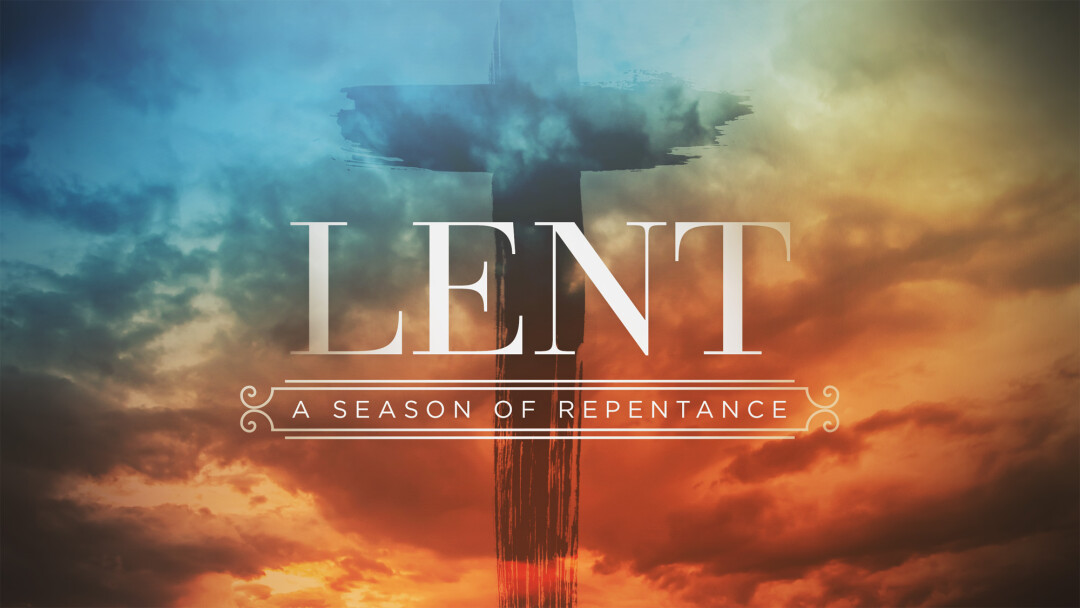

Our name for the Friday before Easter, “Good Friday,” is most likely related to the English and the Dutch, the only two languages that use this term, which etymologists say is likely an alteration of the Germanic word, “Goddes,” meaning “God’s” or “Holy.” That term does not mean “good.” The day is called Holy Friday in nearly all other languages in the world.
A similar process happened with the English word “goodbye,” which was formed over time as a contraction of “God be with ye.”
English speakers are no more saying that “it’s good to see you go” when they say goodbye than they are calling the day of Christ’s crucifixion good when they call it Good Friday. Holy, yes. Good? Not so much.
Good Friday, or Holy Friday as most of the rest of the world calls it in their languages, proclaims God’s purpose of loving and redeeming the world even in the face of human rejection and cruelty through the cross of our Lord, Jesus Christ. It is a day that is holy and makes us holy because God was drawing the world to God’s self in Christ.
From https://www.umc.org/en/content/ask-the-umc-where-did-good-friday-get-its-name


